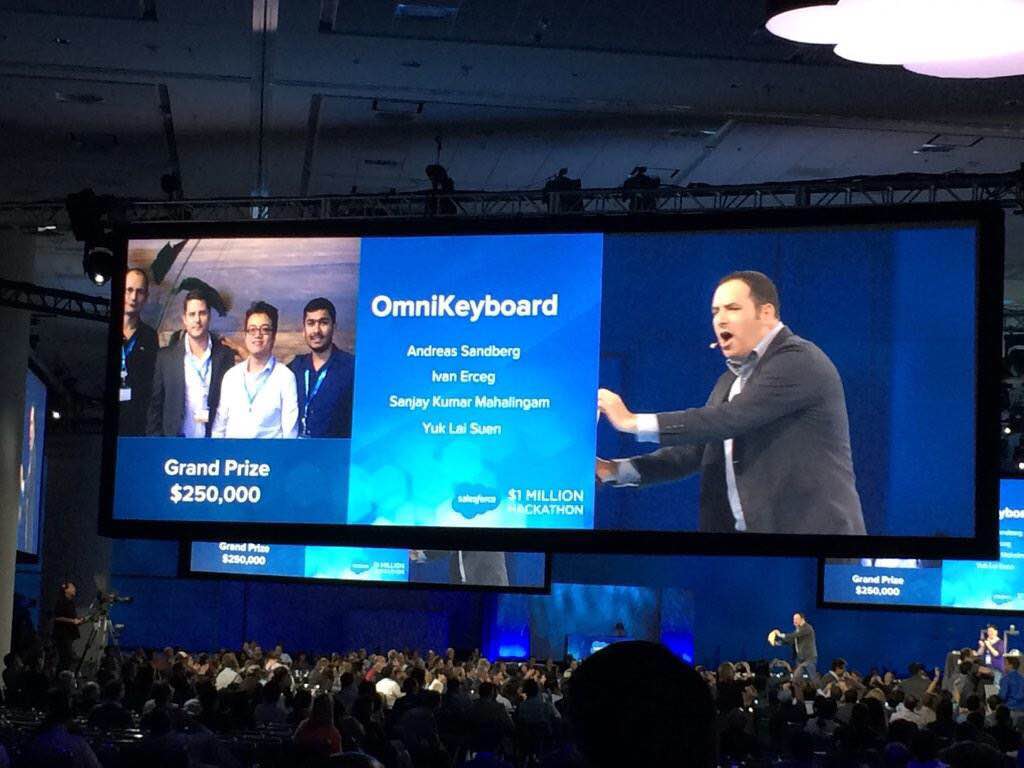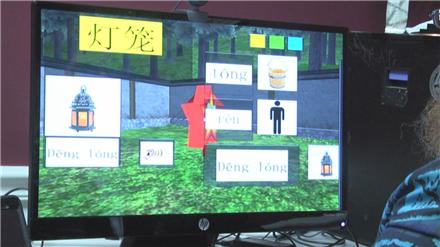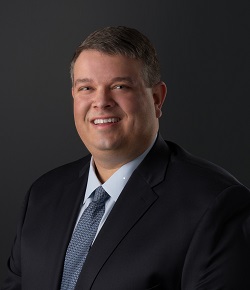
ESPN has a profile on
Aaron LaBerge, who received his BS from this department in 1996. LaBerge was named Executive Vice President and Chief Technology Officer at ESPN in January.
LaBerge leads ESPN’s Technology division and is responsible for oversight and strategic leadership and direction of technology, and its marriage with ESPN’s content, across all media and businesses. He also serves on the The Walt Disney Company’s CTO Council and the Disney Research Advisory Board.
Full article from
ESPN:
Aaron LaBerge was named Executive Vice President and Chief Technology Officer in January 2015, reporting to John Skipper ESPN President and Co-Chairman, Disney Media Networks.
LaBerge leads ESPN’s Technology division and is responsible for oversight and strategic leadership and direction of technology, and its marriage with ESPN’s content, across all media and businesses. He also serves on the The Walt Disney Company’s CTO Council and the Disney Research Advisory Board.
Adoption and embrace of technology has been one of ESPN’s central hallmarks throughout its 35 year history. Under LaBerge, ESPN Technology works with all divisions of the company to create exceptional experiences for sports fans; develop and manage platform-agnostic technological solutions and standards; unleash the benefits of ESPN’s world-class technological infrastructure and facilities; design and build next-generation data, video and audio platforms; drive the company’s industry-leading innovation and advanced development work; as well as identify and service all other current and future technology needs.
A passionate technologist and sports fan, LaBerge was named the successor to Charles E. “Chuck” Pagano in 2014, when Pagano announced his intention to retire.
LaBerge is on his second stint at ESPN, having returned to ESPN in January 2013 as senior vice president, technology and product development after six years away as a technology entrepreneur. During his original stint at the company he was an integral leader in the growth and development of integrated technology solutions that help power, deliver and enhance ESPN’s content across all media.
With Pagano and others, LaBerge was a key architect in the development and design of ESPN’s second Digital Center at its Bristol, Conn. headquarters. The 194,000-square-foot, future-proof facility is a format agnostic facility, capable of constantly adapting to the continued fast change of the technological landscape. It is capable of production of content in both 4K and 8K, can handle all existing media formats and future industry standards, handling data in multiple ways, signals at various rates and utilizing technology standards which haven’t even been adopted by the media industry yet.
Additionally, under LaBerge, ESPN Technology supports the technological management and continued development of ESPN’s state-of-the-art facilities in Los Angeles, Charlotte, NC and Austin, Texas, as well as data centers in Bristol, CT, and the technological infrastructure that connects ESPN facilities around the world, including Seattle, Sao Paolo, Rio De Janeiro, Mexico City, Buenos Aires, London, Bangalore and Sydney. He played a central role in the technology design and development to support the launch of the SEC Network, including software applications and production technology, fiber connectivity between SEC-member schools and ESPN’s Charlotte facility, and has led the technology development that delivered exponential expansion of ESPN’s media encoding and distribution capability for live streaming of sports.
Throughout his ESPN career, LaBerge has been instrumental in the growth of ESPN Digital Media, having been involved from its very early years through to its industry-leading position. He played an integral part the technological development for many of its most ambitious and challenging projects and played a key role in establishing ESPN’s position as a leader in the digital media landscape and in new technology development.
Prior to his return, LaBerge was CEO of Fanzter Inc., a venture-funded consumer software and digital product development company he co-founded in 2007. He directed the development and launch of a variety of consumer-focused Internet and mobile products.
In 2003, LaBerge was vice president, technology and business operations for ESPN.com, a role that expanded two years later to vice president, technology, for ESPN Digital Media where he was responsible for managing company wide digital technology initiatives and product development. In this role, he oversaw ESPN’s pioneering work in online and mobile video technologies and digital streaming technology development.
He first joined ESPN in 1997, through Disney’s acquisition of Starwave Ventures, the company that produced ESPN’s earliest Internet products.
Before joining Starwave, LaBerge worked as a senior software engineer at Renaissance Interactive, an early Internet development and consulting firm. He specialized in Internet-based publishing and content management systems.
LaBerge is a native of Charleston, S.C. and holds a Bachelor of Science degree in electrical and computer engineering from the University of South Carolina. He lives in Connecticut with his wife Michele, their sons John Douglas and Grayson, and their daughter Hanna.
Aaron LaBerge LinkedIn profile
 Under the leadership of Dr. Farkas, the department has been recognized as a National Center of Academic Excellence in Cyber Defense Research (CAE-R). We offer an undergraduate Cybersecurity specialization and a graduate Information assurance certificate under this program. The notification states:
Under the leadership of Dr. Farkas, the department has been recognized as a National Center of Academic Excellence in Cyber Defense Research (CAE-R). We offer an undergraduate Cybersecurity specialization and a graduate Information assurance certificate under this program. The notification states:
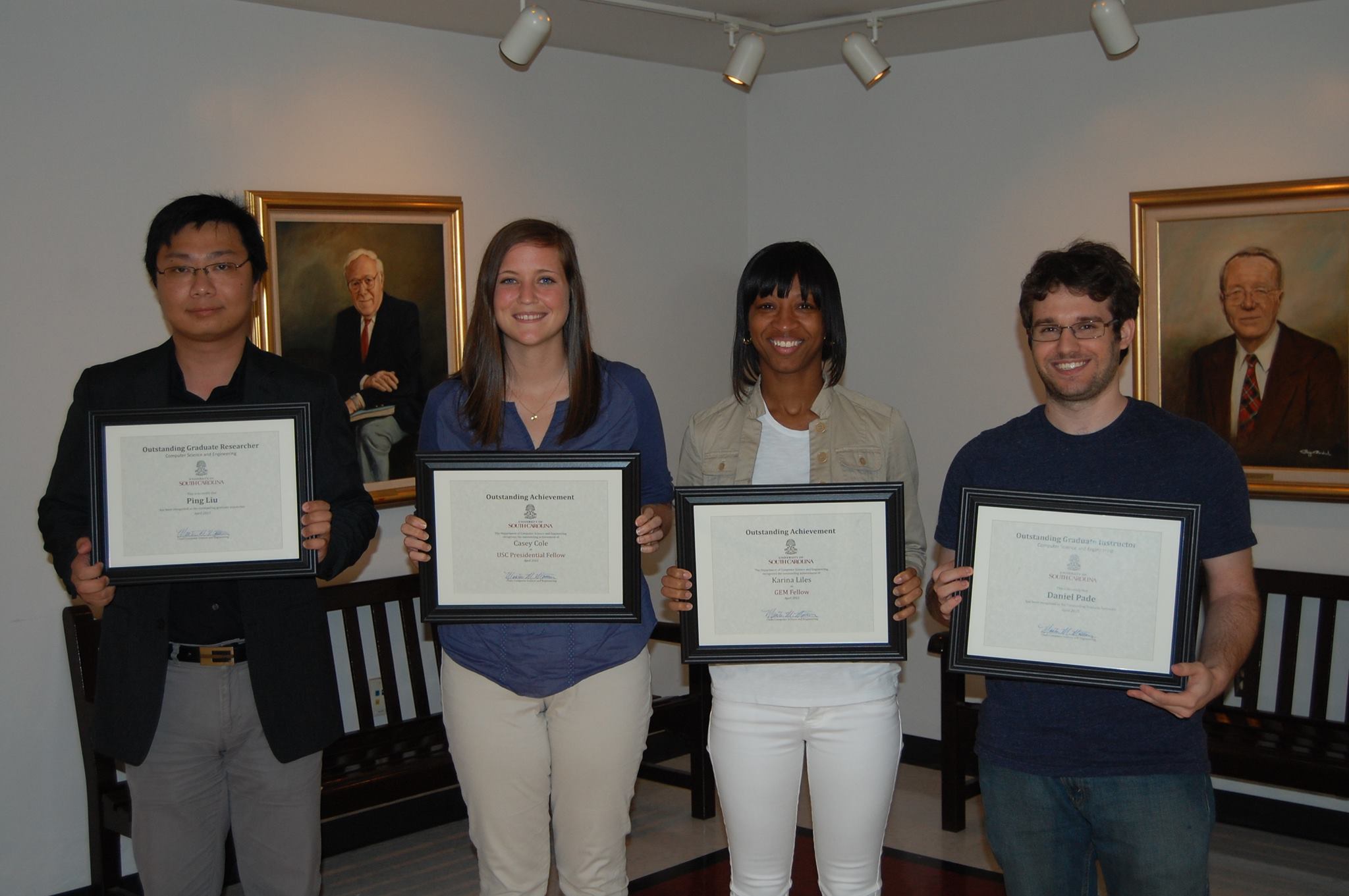
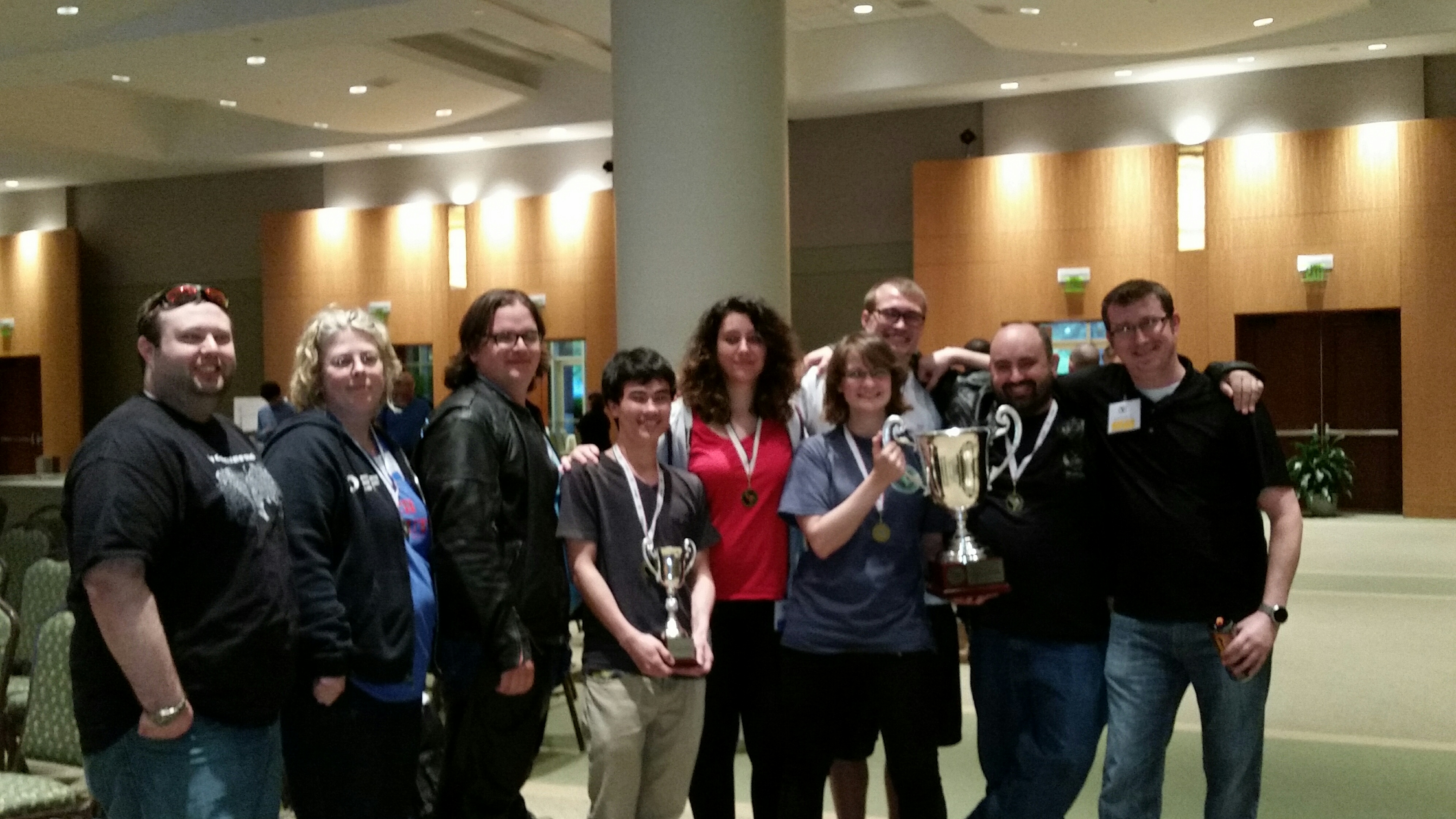

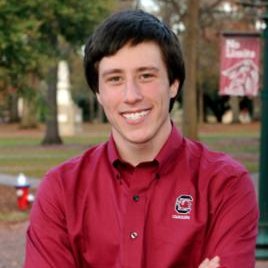 We would like to congratulate
We would like to congratulate 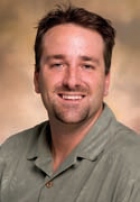
 ESPN has a profile on
ESPN has a profile on 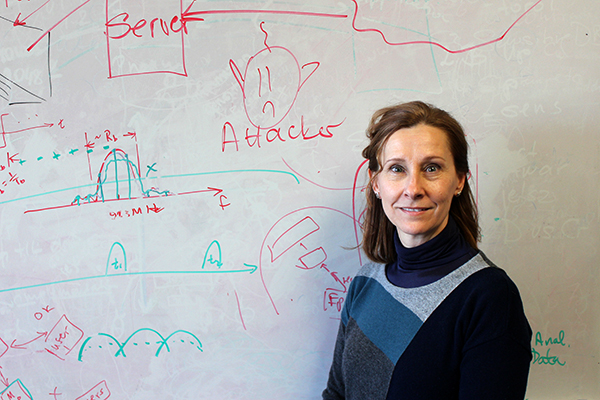
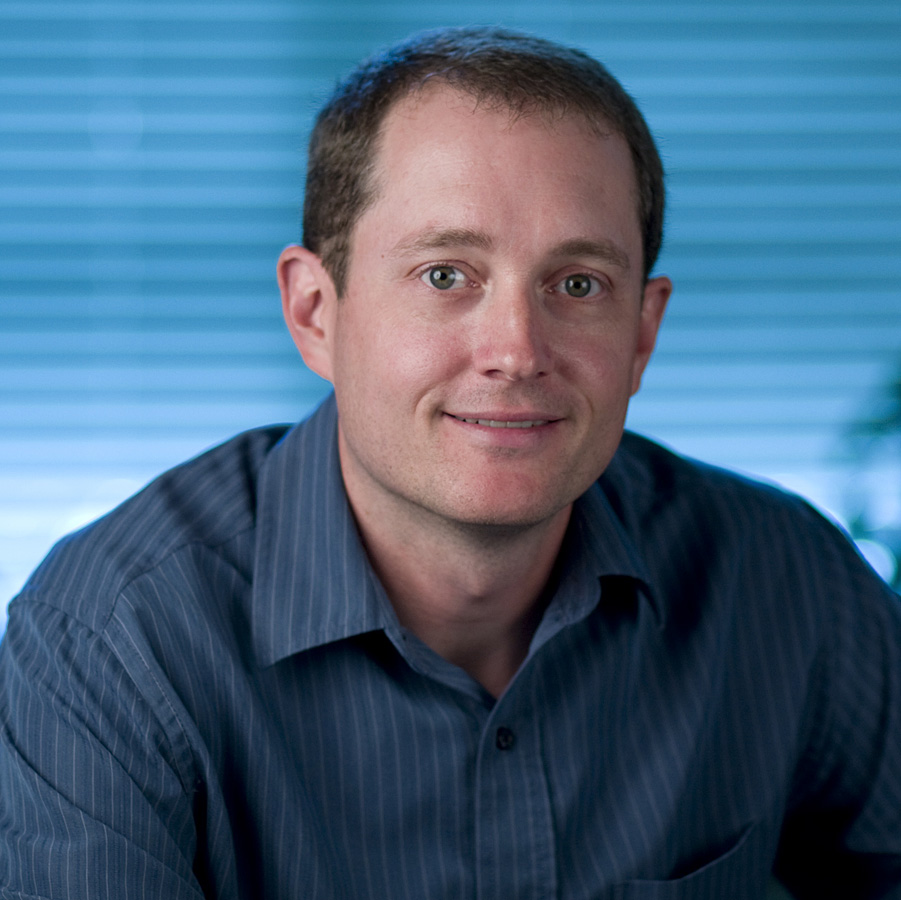
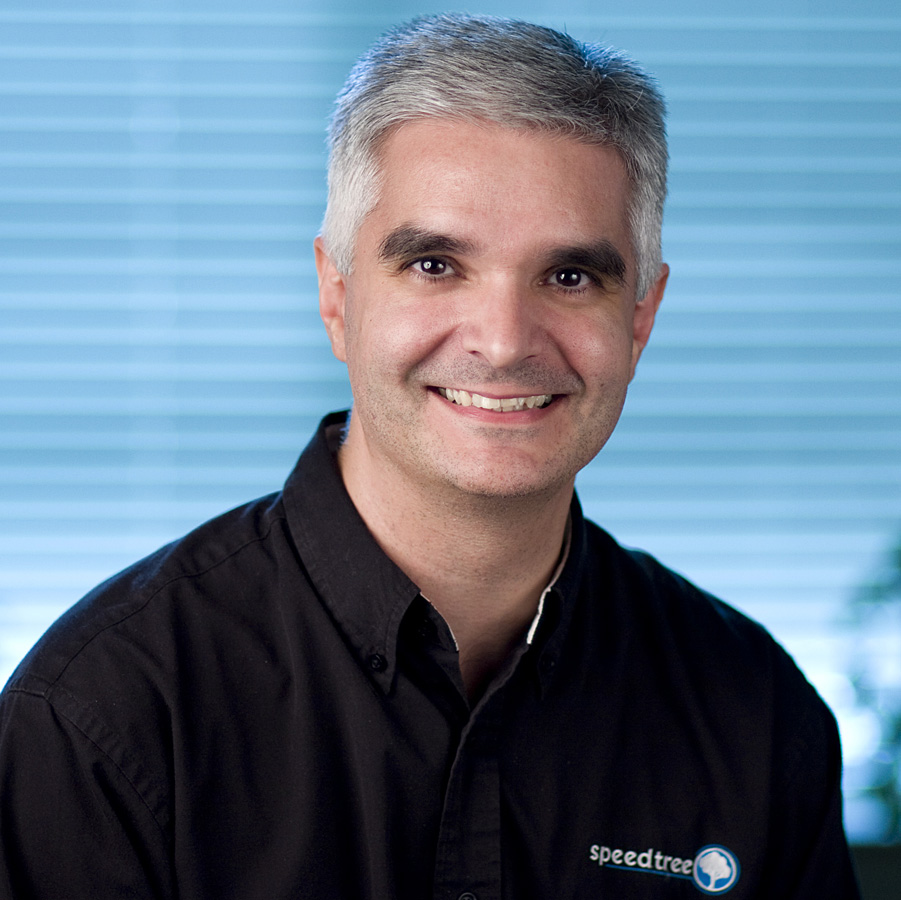
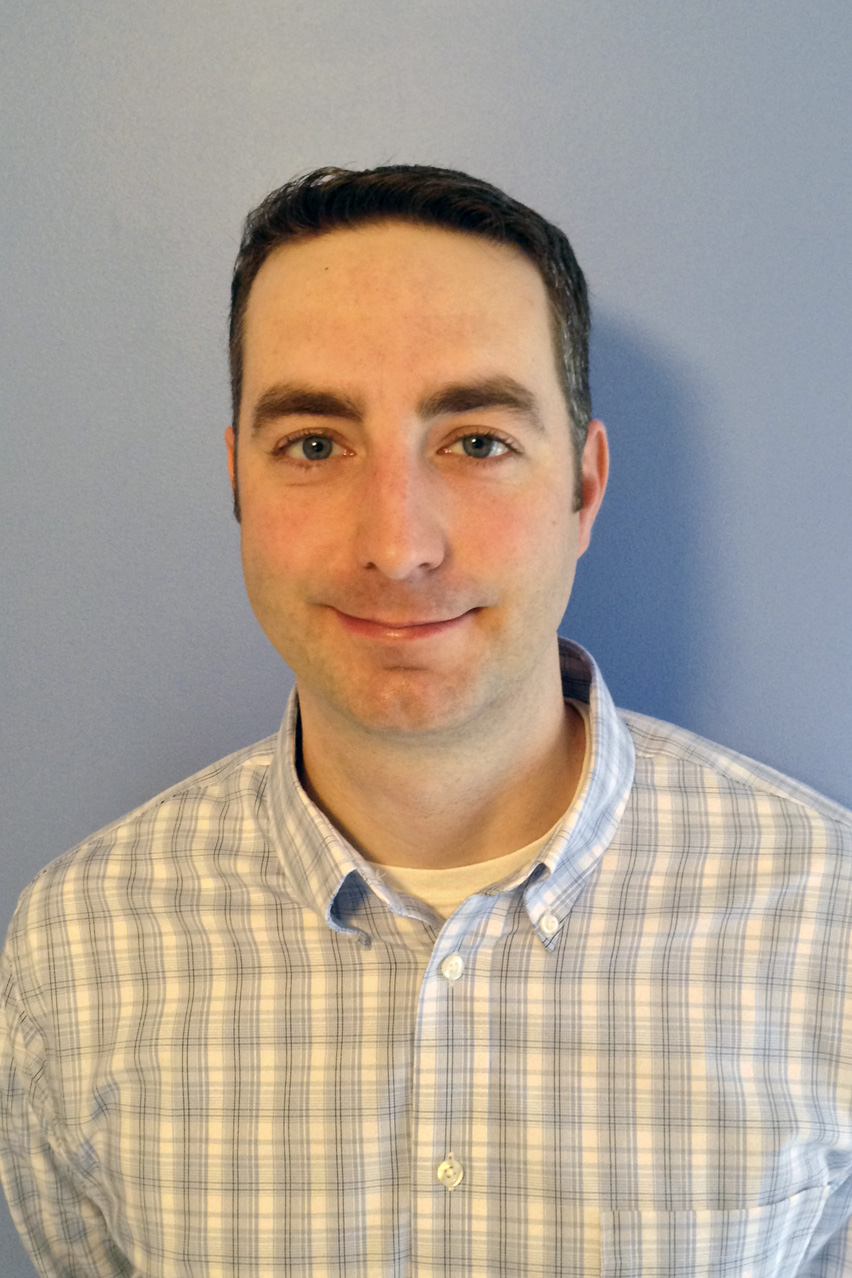
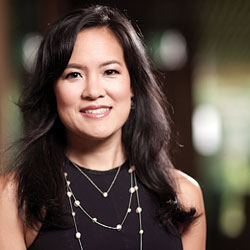 The USC News has a
The USC News has a 